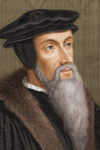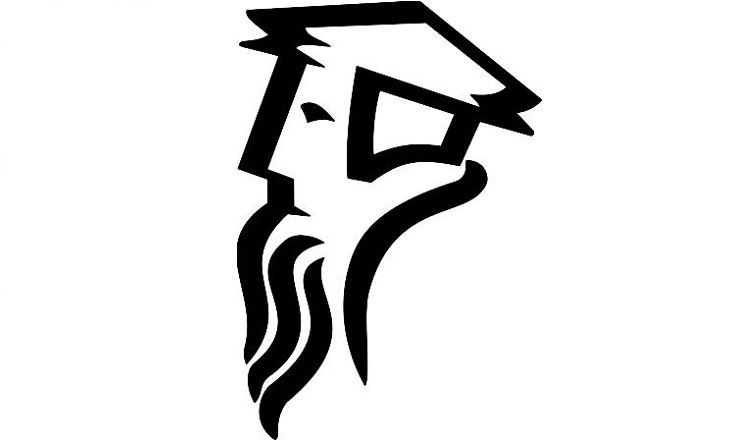
Calvin is discussing the doctrine of the Trinity using an impressive array of passages to prove his arguments. It seems in his time he had to deal with Arians and Sabellians. In today’s quote he speaks briefly about the Spirit’s role in justification.
This is part of my series on Calvin’s Institutes.
Quote
The mere fact of his not being circumscribed by any limits raises him above the rank of creatures, while his transfusing vigour into all things, breathing into them being, life, and motion, is plainly divine. Again, if regeneration to incorruptible life is higher, and much more excellent than any present quickening, what must be thought of him by whose energy it is produced? Now, many passages of Scripture show that he is the author of regeneration, not by a borrowed, but by an intrinsic energy; and not only so, but that he is also the author of future immortality. In short, all the peculiar attributes of the Godhead are ascribed to him in the same way as to the Son. He searches the deep things of Gods and has no counsellor among the creatures; he bestows wisdom and the faculty of speech, though God declares to Moses (Exod. 4:11) that this is his own peculiar province. In like manner, by means of him we become partakers of the divine nature, so as in a manner to feel his quickening energy within us. Our justification is his work; from him is power, sanctification, truth, grace, and every good thought, since it is from the Spirit alone that all good gifts proceed. (Calvin, Instit. 1.13.13)
Comment
After I read Institutes the first time, one of the things impressed upon me was Calvin’s understanding of the role of the Spirit. Here we see Calvin attributes both regeneration (his word for progressive sanctification) and justification as gifts of the Spirit. In book three he says the Spirit gives the gift of faith which is instrumental for justification and sanctification (pious affection). More on that much later.
Copyright © Joshua Washington and thescripturesays, 2017. All Rights Reserved.

